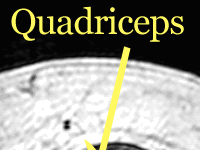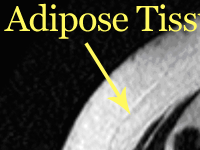Muscle Physiology Laboratory Template Image
Aging
As the number of elderly adults continues to increase, the need to better understand the aging process is critical. In conjunction with the Institute on Aging and Department of Aging and Geriatrics at the University of Florida, members of the Muscle Physiology Laboratory are studying:
- 1) how weight loss plus exercise may influence inflammation, muscle loss, and physical functioning in overweight, elderly women, and
- 2) how aging impacts skeletal muscle in both high functioning and low functioning individuals.
Older obese adults appear to be particularly susceptible to sarcopenia (the involuntary loss of skeletal muscle), and a vicious cycle between muscle loss and fat gain may act synergistically to increase the risk of physical disability. Through a multi-disciplinary team approach, obese elderly women are participating in an intervention study of weight loss plus exercise to examine the effects of this type of treatment on skeletal muscle and the resultant impact on disability. This study will augment our knowledge concerning the underlying mechanisms related to the well-demonstrated benefits of weight loss plus exercise.
In the elderly, there is a large range of functional abilities between individuals. While some people continue to exercise and remain very active in their advanced years, others lose the ability to walk and arise from a chair. We are conducting a four-year longitudinal study that examines how elderly people change over time, and we are collecting data concerning their functional abilities, physical activity, muscle strength, blood markers for inflammation, muscle biopsies, and magnetic resonance images (MRI) and spectroscopy (MRS).
This study will increase our understanding of the biology of muscle atrophy and functional loss at old age and will lay the groundwork for future interventions aimed at improving quality of life and independence in America’s rapidly expanding elderly population.
Click on the thumbnails to enlarge the following photos regarding research within the Muscle Physiology Laboratory (below):

